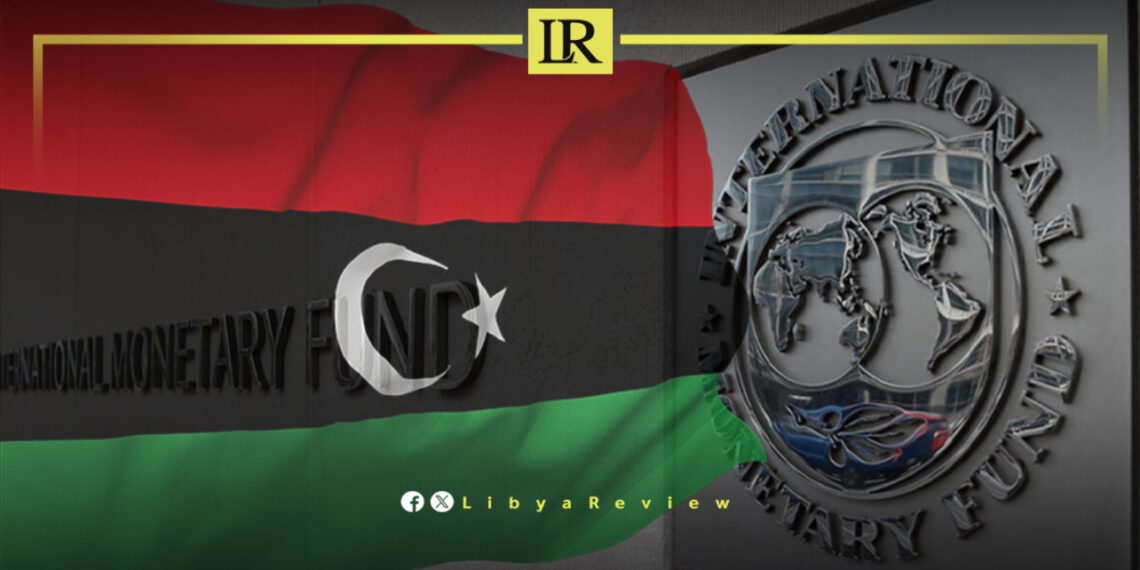The International Monetary Fund (IMF) has revealed that Libya ranks seventh among Arab countries in GDP per capita, a figure that reflects the average economic output attributed to each citizen.
While the ranking places Libya ahead of several regional economies, the IMF emphasized that the country still falls significantly short of the levels achieved by Gulf states, which continue to dominate the top tier.
According to the IMF, countries such as Qatar, the United Arab Emirates, Kuwait, and Saudi Arabia maintain a substantial lead due to their economic stability, strong financial systems, and advanced infrastructure.
These nations have also made notable progress in diversifying their sources of income, investing in sectors like technology, logistics, tourism, and renewable energy—factors that continue to reinforce their high economic rankings.
In contrast, Libya’s GDP per capita remains heavily influenced by fluctuations in the oil sector. With the economy almost entirely dependent on oil exports, any disruption in production or change in global markets has a direct impact on national income. The IMF noted that although Libya’s per capita figure appears relatively high on paper, it does not accurately reflect living standards on the ground.
The fund stressed that Libya’s prolonged political instability, institutional fragmentation, and weak public services continue to limit the real benefits citizens receive from the country’s natural resource wealth. Infrastructure challenges, dependence on public-sector employment, currency volatility, and limited economic diversification further hinder sustainable growth.
The IMF highlighted that rebuilding national institutions, improving governance, and creating a more stable business environment are essential steps for Libya to move beyond reliance on oil. Diversifying the economy, attracting investment, and enhancing infrastructure, especially in energy, transport, and financial services, would help raise living standards and reduce vulnerability to external shocks.


